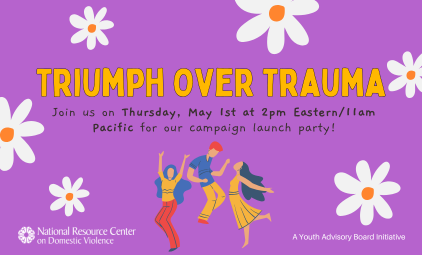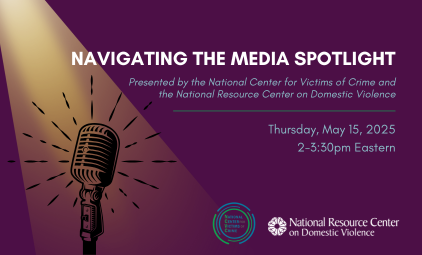While efforts in the United States to enact federal legislation to strengthen legal and institutional responses to domestic violence and sexual assault may not have explicitly espoused human rights terminology, it is important to view those efforts in the context of the broader human rights efforts that were underway globally during that same time period.
In analyzing the evolution of federal legislation in the United States, the author highlights how a human rights framework calls for a more comprehensive, multi-faceted approach to ending gender-based violence. It recognizes that domestic violence is not a private family matter and that the state has an obligation in efforts to prevent and respond to this violence in a manner that is holistic, effective and accessible to all individuals, regardless of race, class, economic status, sexual orientation, immigration status, age, or other such characteristics. Additionally, it should take into account the intersection of oppressions that heighten vulnerabilities to abuse. A comprehensive human rights framework calls not only for institutional or social services responses, but for broader prevention efforts that include changing social norms and promoting social justice.














